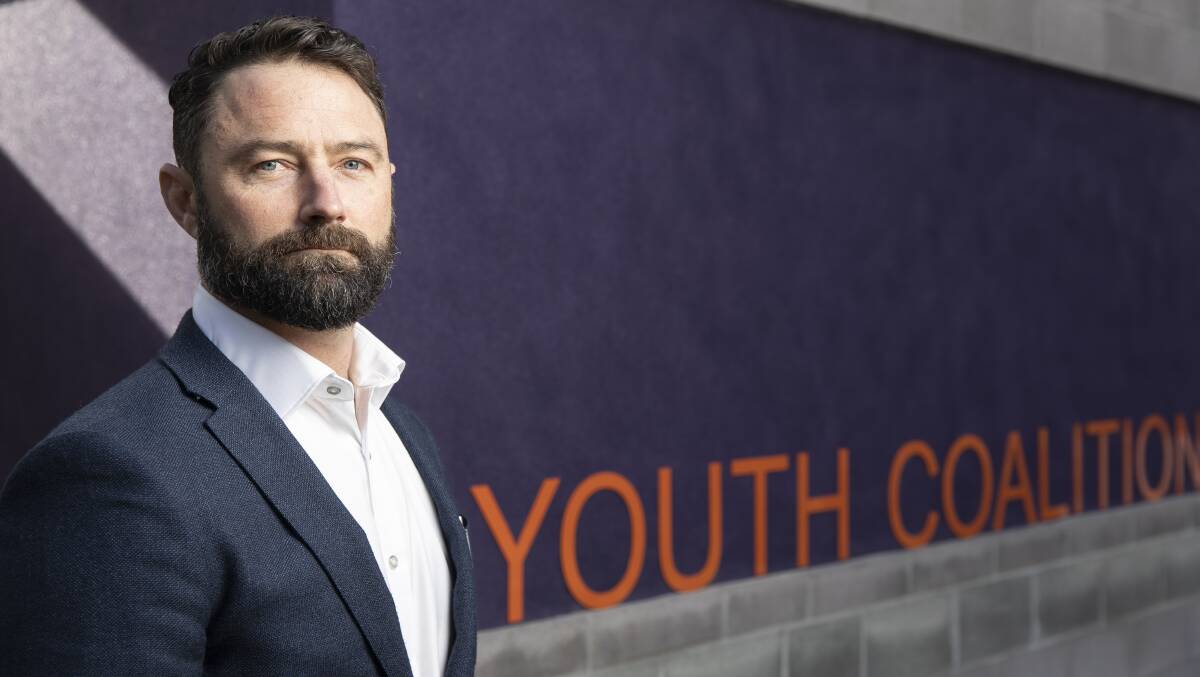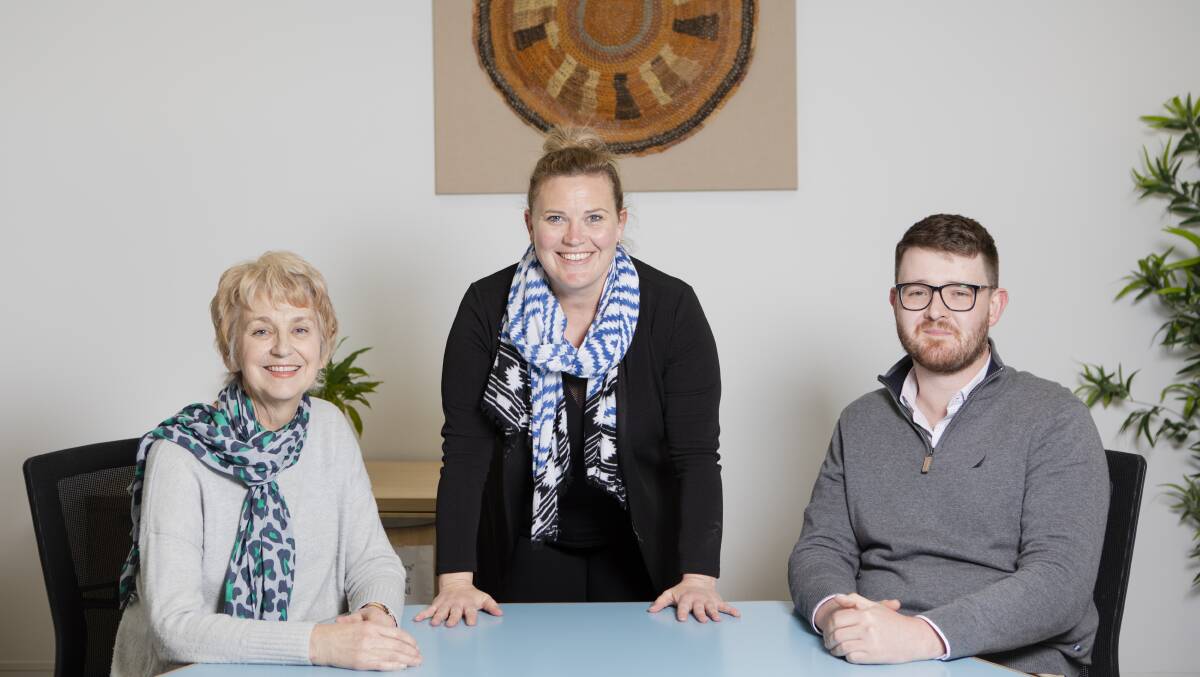When Sam* first left home, she was 13. She had no money and no phone. She wasn't even wearing shoes. But she knew she couldn't go back.
Subscribe now for unlimited access.
$0/
(min cost $0)
or signup to continue reading
"My [parents'] drinking had got worse and then one day it got violent, and it just hit me so fast, I had to get out," she said.
Having already survived sexual abuse, Sam now found herself alone on the street.

"It was really scary," she said. "I wasn't sure where to go."
Sam had run up against a critical gap in Canberra's homeless services - one its workers have been calling on the government to fix since before she was born. Crisis shelters cannot take in unaccompanied children under the age of 16.
Now the ACT government will partner with advocacy group Youth Coalition ACT and other services, committing $480,000 over the next year to finding a solution.
While the bulk of that money will go towards scoping out a new service model as well as more targeted case work for homeless youth, $40,000 will be set aside to pay for respite accommodation for young people on case-by-case basis through existing services such as Marymead.
Youth Coalition head Justin Barker said that, while using respite services mostly designed for children with disabilities, wasn't an ideal fix, that money would give kids options while the team weighed up a longer-term specialist facility for those who could not return home safely.
"We need to do this work first so we get it right," he said.
"What we'll see in the first year will probably just be the tip of the iceberg.
"But it's happening, they're finally doing something and I'm just so relieved. I've already spoken to a bunch of youth workers, they're all stoked."

A little-known Canberra program that offers family mediation and therapeutic support to young people at risk of homelessness will also get an urgent $90,000 boost.
Conflict Resolution Service chief executive Mel Haley said waiting lists' for the organisation's Family Treehouse program were now as long as the clients on their books.
"By the time we get to them, they're at crisis point, they're homeless, sometimes it's too late to really help," Ms Haley said.
"This money will let us do more of that early intervention work we know is so important to keep families together safely."
Last year, the program worked with almost 500 young people at risk of becoming homeless, recording an "concerning" 35 per cent jump in the number of kids below the age of 15 at risk.
"They're getting younger and younger," Ms Haley said. "But this can really work, we've had an 88 per cent success rate for families in the past year."
Minister for Community Services Rachel Stephen-Smith said the government would consider models already operating interstate, including in Tasmania and South Australia, to determine the best fit for the territory.
Placing homeless kids with foster families, who already look after kids in government care for short-term respite, was another option up for consideration, Ms Stephen-Smith said.
Dr Barker said many kids sleeping rough failed to explicitly meet the criteria for child protection agencies and so could not get into foster care.
"That [threshold issue] is something we will be looking at over the next year," Ms Stephen-Smith said.
We have children as young as 10 on the street but there's no where for them.
- Cheryl O'Donnell
While Sam had gone in and out of care, she said it was the team at local youth service PCYC that really helped - offering mentoring and school programs and a safe place to go during the day.
This month, the charity won a $14,000 grant from IMB Bank to buy and fix up a trailer for youth outreach, which will trundle through Canberra's suburbs in the afternoons and early evenings, handing out hot drinks and even a barbecue feed.
"We find food is the best way to engage with them," PCYC manager Cheryl O'Donnell said.
"A lot haven't eaten for days."
During a pilot of the service, youth workers drove a minibus out to six different suburbs over six days - each time finding at least 15 young people living on the street.
"It's quite distressing and scary for us, watching it happen," Ms O'Donnell said.
While data on the scale of youth homelessness is scarce, Ms O'Donnell said she saw it increase sharply when she crossed the border from NSW into the ACT.
"I don't know what's going on here," she said,
"This [government funding] is a start but we need more than this."
For the past three years, PCYC has been lobbying for funding to turn one of its old unused buildings in Turner into a youth refuge with in-house counselling and caseworker services.
"It's just sitting there ready to be used," Ms O'Donnell said. "End of the line I'd love to set something up out in the suburbs, maybe even on a farm for the kids."
Ms Stephen-Smith said she considered all proposals put to her but the scoping study would help determine the shape of the new youth service needed to fill the system's current gap.
*Not her real name
If you need help with accommodation you can contact Onelink on 1800 176 468 or info@onelink.org.au
READ MORE:


